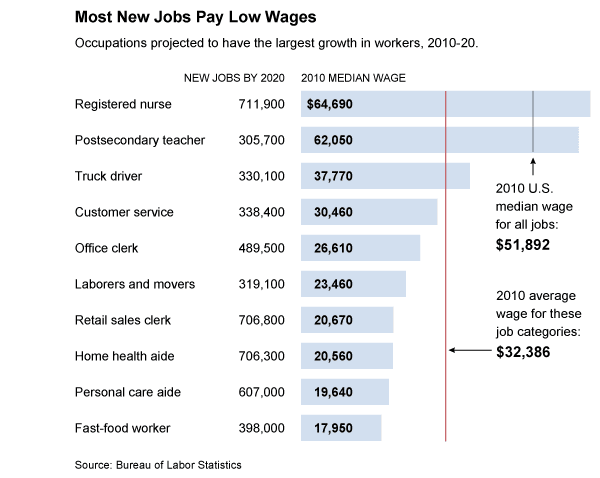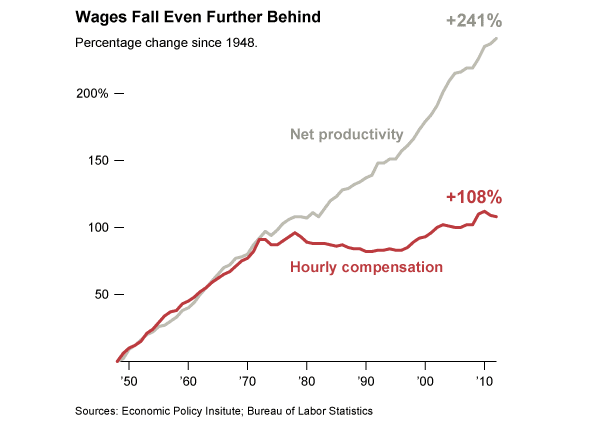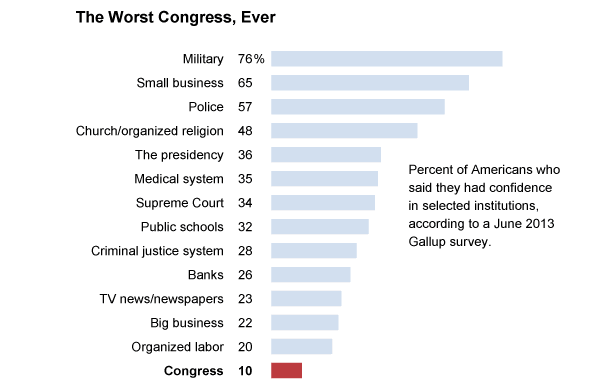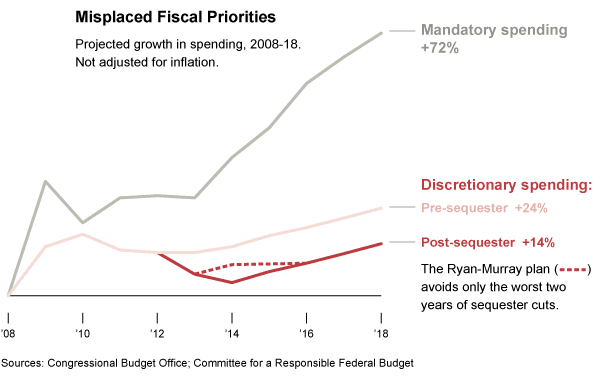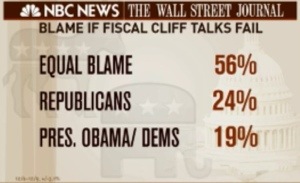“Well Howdy Stranger” – Immigration Reform: don’t worry guys, I’ve figured this whole thing out!
The President recently said in his speech regarding his executive action to delay deportation of several million non-citizen humans who live in the United States (rather than amnesty millions like Reagan) that “We were strangers once too”. He is correct, and that is a good reminder, but does that overly simplify this whole thing? Let’s talk about it 🙂
*Disclaimer: I decided to give you the answer in technical terms upfront of what I think about Obama’s executive action on immigration recently, followed by a slightly longer explanation of how I see those who would want to live here. It is as follows:
SHORTER SYNOPSIS
President Obama said repeatedly for several years that he was not a king, and that he could not change the law in regards to who would and who would not receive citizenship in the United States who didn’t already have it. He announced this week (after several years of waiting for action from Congress) that he would be enacting an “executive order” to delay the deportation of people who are not citizens in the United States who had children who were born here in the United States. There was an enormously popular bill a few years ago that was blocked in Congress called “The Dream Act” which would have made these people citizens, not simply delay their deportations until the end of this president’s term. Delaying their deportation does not make them citizens, and thus he did not change the law as he previously pointed out that he could not. It may seem like a stupid formality to say that this is not amnesty, but if that’s how you feel you are wrong, and I don’t say that intending to hurt your feelings. Saying that Obama broke his word in the law is really not the argument that conservatives should probably be making (I must say their obsession with this President never ceases to amaze me). I think instead, for their own political sake, that they should come to the table and say that they are ready to debate this issue right now in Congress (finally), and they don’t want to delay for anyone (even if they had an anchor baby…). Wouldn’t that be the least they could do as a response?
*Disclaimer: by the way, I feel the need to say this yet again – there is nothing wrong with being conservative, but the American conservative party leadership repeatedly disappoints me, as does the democratic leadership. I just find myself most offended by the doublespeak that churns from their actions and talking points. If you are conservative that is 100% great, we probably agree on a most things, as our nations politics are really just a chess game, and we seem to be the pawns. I repeatedly find that my conservative friends and I want almost the exact same government when you get down to it.
The mudslinging in American politics today is not helpful, or even amusing anymore. It’s like watching the TV show “Mob Wives”. It’s like the real housewives of wherever, except that they threaten to kill each other and seriously hurt those around them… I have mixed feelings about the President’s approach, but I hardly find it nearly as shameful as the behavior of Congress! If we are truly a great nation we have to face our broken immigration system, and the fact that most of the people who sneak in know that they wouldn’t get in otherwise is a big problem for the “go home and reapply” strategy. But a larger reality is that most of the people who are in this country illegally did not sneak in, they came to visit legally and never left. Some of these people might have faced oppression at home, and some just like America. We need to learn to take a compliment, everyone wants to come to our party! We need a better bouncer, who’s not drunk and sprawled out on the floor, but we also don’t want Scarface wielding death to all who may attempt to enter… In the end we probably mostly all agree: we need stronger security at our borders (probably less abroad), and we need a functional immigration system (which means a system that won’t leave out the farmhands who otherwise would be forgotten with the current process).
This has been my short form version of my thoughts on the current immigration debate as of December 2014, but below I will try my best to embellish on my ability to talk about this issue.
LONGER SYNAPSIS:
So, if you clicked on this link my guess is that you heard about the speech that Obama gave in regards to his “executive action” on immigration… We as a nation mostly agree on most things, but we are torn apart by very strategic teamsmanship on most issues, and this is one of them. I think that the idea of better protecting our borders is actually a great idea. That doesn’t mean a “double fence, electrified!” like Mr. Herman Cain proposed. It does however mean that we actually make plans for what to do with people fleeing their homelands for a better life in America in a way that provides dignity, unlike the Joe Arpaio school of thought. That is a big government idea, and even though I don’t endorse most intervention by the government on social behaviors I do think that there are several strong arguments for preserving our ability to actually govern a known population. But that doesn’t mean that we should drop drones on mostly pious folks who simply want to feed their families by crossing our borders. I’m terrified of a police/military state, but we have to have some order, so let’s talk about how we make that happen.
With that said I also find it very difficult to read any of our nation’s founding documents and also justify extreme measures of social engineering that completely disregards the almost surely inexplicable chance that I were fortunate to be born in a better part of the world. How fervently do we as a nation believe that the statement “all men are created equal” is actually true? I believe that we should have more compassion for people who want to come to the United States and participate in our amazing society. I’ve had a few amazing opportunities to travel over the last nine years or so, and I have a hard time looking myself in the mirror and telling myself that I deserve this country more than some of the amazing and educated, as well as the poor and forgotten people I’ve had the chance to meet. I know that it was hard to build this country, and yet I find myself less willing to do so many of the jobs that make this country so comfortable.
To some this may sound overly defensive, but I feel that I must say it anyways – I am aware that it can be a very bad thing for the people and the police/military to clash in the streets, I mean I’m pretty sure that the sick feeling that people have in their stomach from watching the riots in the streets in Ferguson, Missouri isn’t the flu. I’m terrified of the military/surveillance state that seems to be growing around us, but at some point we stopped teaching peaceful protest because it became a dirty word.
Side Note: my high school has actually been at the center of some protesting which has been rather peaceful, but due to the nature of a split in some of the recourse that people are asking for many people who want to show their support don’t show up. There were 3 girls raped by the same boy (you can read about it here), and the school administration being in a tight spot has seen a lot of scrutiny for their reaction. A lot of students and parents have been slow to protest publicly because they don’t want to give the impression that they are against the administration, but they do want to support the victims… See, that’s the problem with protest (old school rally style or digital), is that people are afraid of sending the wrong message.
A video of the Norman High protesters
Ok, let’s get back to what I was saying about us having trouble unifying in protest. I think that our lack of public outcry for better policy is truly the reason why we don’t have better policy. It is hard for me not to agree when charlatans blather about the stupidity of the American people. Look, I’m not a genius, but by watching American approval of policies and then how they vote for leaders who oppose their favorite policies I just find myself perpetually dumbfounded…
The government can’t do everything, but it can do some things. It has midwifed a lot of great ideas (the Internet, space travel, interstate highways). When we find that private industry can take over on projects where the government was the only willing investor it is a beautiful thing! You can see that happening with space travel right now. However, private industry can cause economic instability/unsustainable price increases, and we as a society must create dams and levees to prevent disaster, and this seems to be a never ending back and forth battle that the people have mostly been losing over the last few decades (ie: the repeal of Glass Steagall, as opposed to the implementation of Sarbanes Oxley).
Okay, so I made a silly title just to see if you’d click on it… I don’t have all of the answers, but I do have a few thoughts to share on the idea of peoples who want to live in the United States of America. I’m not the most worldly of people, nor am I the smartest/nicest/strongest/most handsome/coolest (okay me, I get the point!!!!), but I have had some unique opportunities to meet people from other parts of the world, and I can’t help but to emphasize that when I say people I mean they are just like you and me… There are cultural differences between the United States and everywhere else, but the differences in the end are really semantical. I sincerely hope to not come across as preachy, but I’m not sure how else to say all of these things, so I’m about to say a few weird things about places/peoples who I have experiences with…
China: there is no doubt about it that if you are a white person in China they will think that you are probably a celebrity. I mean, in China they totally thought that I was cool! I probably convinced several hundred people that I was either Harry Potter, or his older brother. My Chinese friends loved basketball, and by that I mean they were very proud of Yao Ming. Oh, in China it was apparently not offensive to say that they have yellow skin, just fyi. There are tons of ways that I can make fun of Chinese people (that includes you Figo, I know you’re reading this), and that is ok as long as it’s out of love and you are willing to take a joke yourself.
Egypt: When people talk about the Middle East in the United States they seem to first picture a lot of people running through rubble covered in blood screaming something in Arabic that makes you once again believe that the apocalypse may be upon us… I don’t mean to downplay the fact that this happens in the world, but I have my suspicions about how regularly this happens throughout the entirety of the Middle East… Sure there are places that are unsafe, and there are extremist muslims, but I looked for them and found virtually none – the majority of the people is not a part of the extremist faction of Islam. During my week stay in Egypt recently I found that people thoroughly enjoyed my impression of an Egyptian trying to sell them anything and everything I could find, promising the cheapest of prices because they were my “friend”. They were people, and they had senses of humor, even about themselves… Trust me, most of the people that I met would make great neighbors, but most of them could not get through our immigration process. That is especially true for the small village made up almost entirely of Christians called Zabbaleen, near Mokattam.
I have found that our nation can often be overly politically correct, and after I made a few jokes about Chinese people to Chinese people, or the same to Egyptian people, they somehow became more humanized in my eyes, and I in theirs. Part of our problem with immigration reform is that we have a lot of people driving the debate who don’t see people who are different from themselves as quality candidates to be their fellow countrymen… I’m not pointing this out because I want it to be true, it is in our nature, and if you look closely at yourself you will almost surely find that your instinctual pregiduouses pop up. The more I recognize my own simple bigotries the more that I feel capable of recognizing other people who I might have otherwise considered an “other”. I’m going to attach this video to this blog, for what must be the 10th time, about measuring bigotry in babies from 60 Minutes.
Last Thought: I just wanted to talk about this idea of “the other” because I think we should keep in mind our own limitations when we try to have a conversation about legislation like this. I’m sorry that this is so long, and if you read the whole thing I am very proud of you. I hope that you have a great rest of your day!







